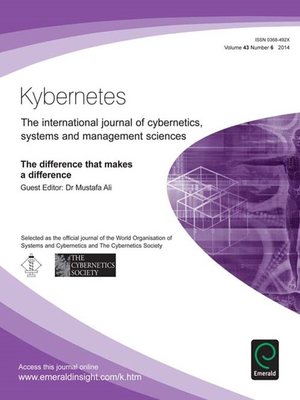
Sign up to save your library
With an OverDrive account, you can save your favorite libraries for at-a-glance information about availability. Find out more about OverDrive accounts.
Find this title in Libby, the library reading app by OverDrive.



Search for a digital library with this title
Title found at these libraries:
| Library Name | Distance |
|---|---|
| Loading... |
Smart phones, swipe cards, Facebook, biometric passports, downloadable music, blogs, Twitter, CCTV, online banking, eBooks, YouTube, cyber fraud, fibre optic cables, email addresses, web pages, e-government, cyber activism, server farms, cybersex...a few of the numerous, and ever proliferating, pervasive phenomena of the period in which we now live, often described as "the information age". The development of information and communication technologies (ICTs), especially during the last two decades, has transformed the lives of all of us—both those in "the West" as well as those in "the rest" to use an insightful formulation of the late sociologist and cultural theorist Stuart Hall (1992) which, despite continued claims for the pluralizing and democratising tendencies associated with globalization, remains prescient vis-à-vis distributions of power in the networked world.
This transformation, which philosopher Luciano Floridi (2014) describes as "the fourth (or Turing) revolution"—the previous three being the Copernican revolution, the Darwinian revolution, and the Freudian revolution—has unfolded in a multitude of ways, from how we work (or labour) to how we have fun (or play), and a large and ever expanding body of literature already exists devoted to exploring the impacts of this development from a variety of perspectives. In addition to these attempts to think about the changes effected by the ubiquity of information in the contemporary era, a number of disciplines associated with the natural (or physical) sciences and the social sciences (or humanities) have witnessed an informational shift, so much so that it is becoming increasingly difficult to identify a field that is not at least starting to describe itself in terms of the language of information. Information is fast becoming—and for some, always was—the 'right' way to think about reality, previously dominant materialistic or physical conceptions of a hierarchically-organised phenomenal world increasingly being recast in terms of information as primordial 'stuff' (see, for example, Davies and Gregersen 2010).
Despite the near-universal adoption of the language of information, a satisfactory unified or unifying definition of information has yet to emerge, assuming that this is even possible, and the extent to which different disciplines mean the same thing when using the same terms remains unclear. What this means is that there is a pressing need to understand the relationship between the manifold ways in which the language of information is used, and how information is talked about and articulated. Irrespective of whether information has the same meaning, similar (or analogous) meanings or completely different meanings at all levels of the hierarchy of phenomenal reality, clearly there are important benefits to be derived from sharing insights between disciplines.
Widespread and growing recognition of these benefits has led to a number of events in recent years, bringing together people from different fields to explore the nature of information. The Difference that Makes a Difference (DTMD) series of workshops were established with precisely that aim, viz. an interdisciplinary sharing of insights on the nature of information. The first of these workshops was held at The Open University in Milton Keynes from 7th-9th September 2011 and led to a ebook of tripleC in 2013 (Chapman and Ramage 2013), and this present ebook arose from a follow-up workshop held at the same venue from 8th-10th April 2013, with delegates from across the world and representing a wide range of disciplines (The Difference that Makes a Difference—an interdisciplinary workshop on Information: Space, Time and Identity).







